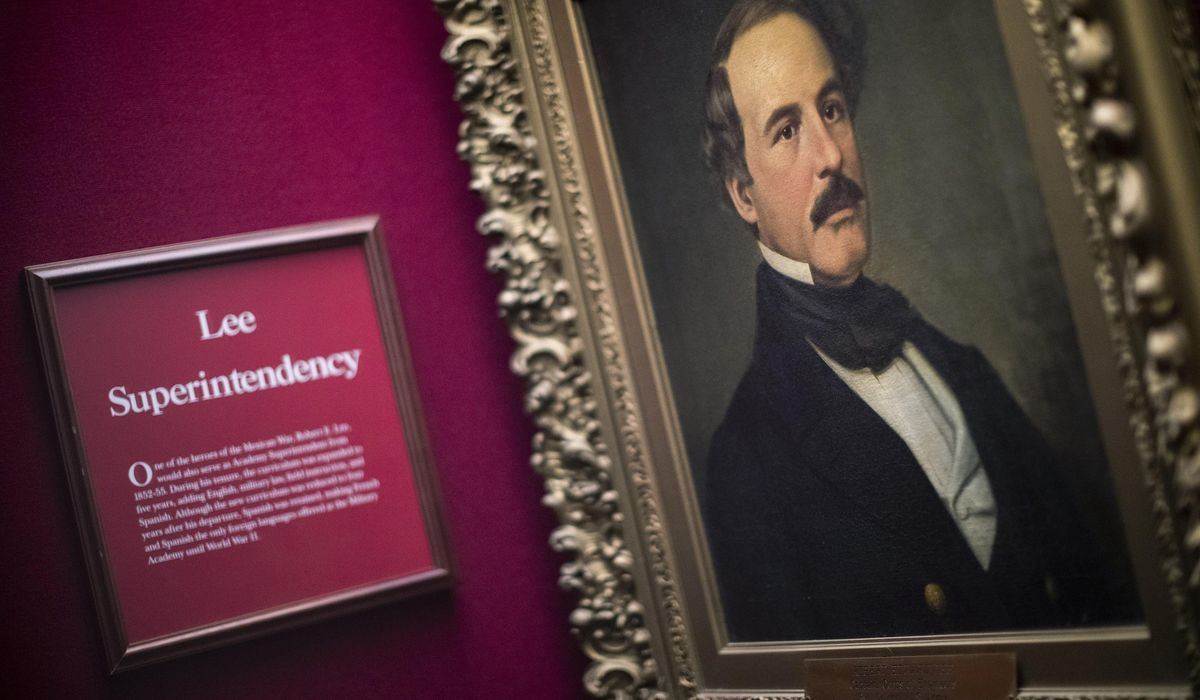


Another Confederate general has been put out to pasture, this time replaced by a pioneering female surgeon who won a Medal of Honor for treating Union troops and was briefly a prisoner of war in the rebels’ hands.
The Pentagon on Friday officially renamed Virginia’s Fort A.P. Hill as Fort Walker, the latest in a string of moves to scrub the military of forts, memorials and other markers commemorating those who fought for the Southern cause in the Civil War.
Congress mandated the renaming campaign in 2020, and a commission appointed by the Pentagon has been working its way steadily through affected bases and other military properties.
The Virginia facility, which serves as a training hub for regional National Guard units among other functions, had previously honored Culpeper, Virginia-born Gen. Ambrose Powell Hill, a West Point graduate and Mexican War veteran who served under Stonewall Jackson and fought in some of the Civil War’s most notable battles.
Hill was fatally shot by Union forces in the fighting around Petersburg, Virginia, in April 1865, just seven days before Gen. Robert E. Lee surrendered to Union commander Gen. Ulysses S. Grant.
Other major sites that have been rebranded this year include such massive installations as North Carolina’s Fort Bragg, now known as Fort Liberty, and Fort Hood in Texas, renamed Fort Cavazos.
The newly named Virginia site, located near the central town of Bowling Green, honors Dr. Mary Walker, the first female surgeon to serve in the Union Army. She gained renown for treating the wounded close to the battlefront as the Union and Confederate forces battled through Virginia in the later stages of the war. She even ventured into the territory between the two armies to treat wounded Southern soldiers and civilians caught up in the fighting.
Walker spent four months as a prisoner of war in Richmond after being captured by Southern forces in 1864, before being released in a prisoner exchange.
She was originally awarded the Medal of Honor shortly after the war’s end — the only woman ever to be given the nation’s highest award for military heroism.
But when the eligibility criteria for the award were subsequently tightened, she was one of nearly 1,000 Civil War veterans who were stripped of the honor early in the 20th century.
President Jimmy Carter reinstated the Medal of Honor for West in 1977, citing what he called her “distinguished gallantry, self-sacrifice, patriotism, dedication and unflinching loyalty to her country, despite the apparent discrimination because of her sex.”
After the war, she campaigned for women’s rights and the right to vote, and ran unsuccessful campaigns for the House and Senate. She died in 1919 at the age of 86.
The original Fort A.P. Hill opened in 1941 as a U.S. Army training facility. It was a popular host for national jamborees staged by the Boy Scouts of America from 1981 until 2010, when the Scouts moved to a more permanent jamboree site.
• David R. Sands can be reached at dsands@washingtontimes.com.
